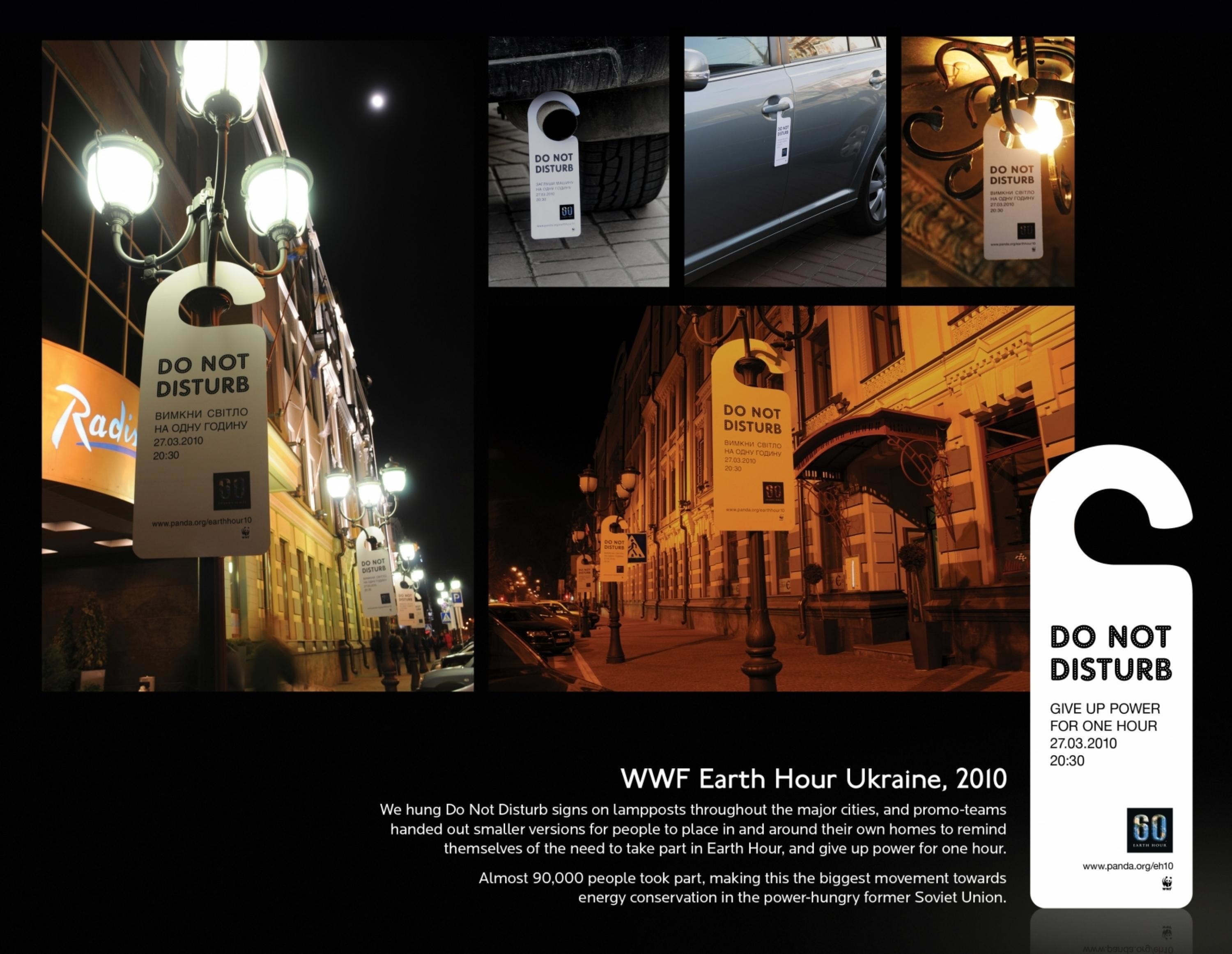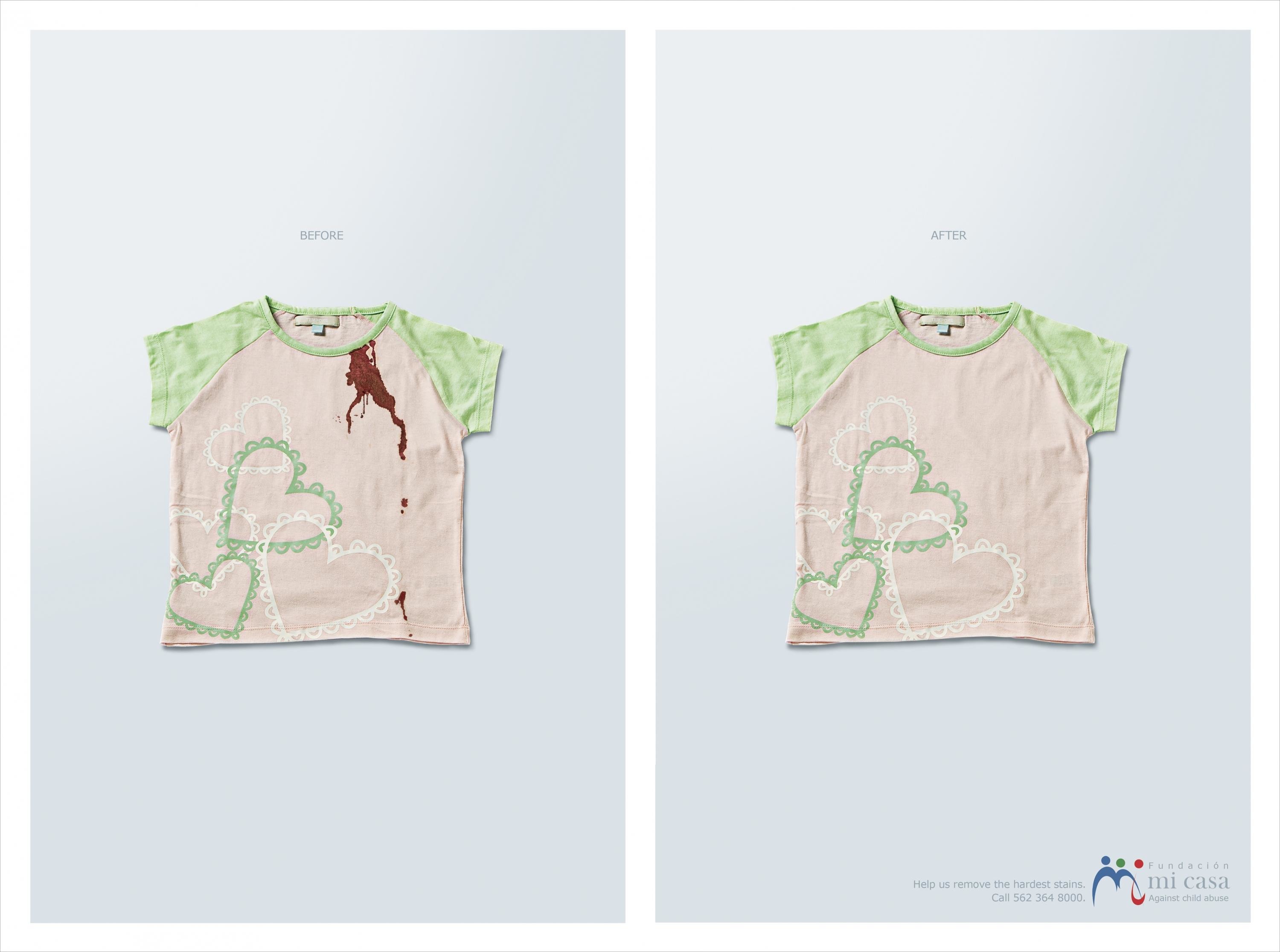Cannes Lions
Not Special Needs
PUBLICIS, New York / COORDOWN / 2017
Awards:



Overview
Entries
Credits
OVERVIEW
Description
What "special needs” does someone with Down syndrome really have? Sure, they need to feel loved, educated and employed, but who doesn't?
People with Down syndrome, like everyone else, have basic human needs – to eat, drink, breathe and sleep – to be nurtured, educated and sheltered – and to share, love and live. They may need extra assistance to accomplish the same common human needs, but that doesn't make that common human need “special.”
In order to shift an existing attitude of judgement and misunderstanding about people with Down syndrome, we had to tell people that there are no “special needs,” just human needs.
Our creative approach was to challenge the phrase. We urged people to change their choice of words, and transitively, their attitudes about people with Down syndrome.
Execution
“Not Special Needs” was a direct request to the public to change their language as a first step to changing their attitudes about people with Down syndrome.
Ten days before World Down Syndrome Day, we released a star-studded film with a potent message. The cast included “Glee” actress, Lauren Potter, Internet sensations Matt and Sammie, and Scrubs actor John McGinley.
In the film, we pointed out absurd examples of what a real “special need” would actually be. It would be “special” if someone needed to eat dinosaur eggs, for example, or wear a suit of armor, or be massaged by a cat or woken up by a celebrity. But what people with Down syndrome actually need isn’t special at all: jobs, education, opportunity and some love.
NotSpecialNeeds.com contained supportive essays that proposed a more honest approach: call the disability what it is.
Outcome
The campaign spread virally across social media with 600K shares and 30M views in just the first ten days. It was covered by news outlets all over the world. The hashtag #notspecialneeds started to pop up all over social media, and was adopted by people with other disabilities too. Many of the discussions displayed a thorough understanding of the concept, and we saw people and activist blogs pledge to stop using the phrase “special needs.” The campaign even reached the United Nations, where, for the first time, a self-advocate spoke out against the term “special needs.”
Similar Campaigns
11 items








